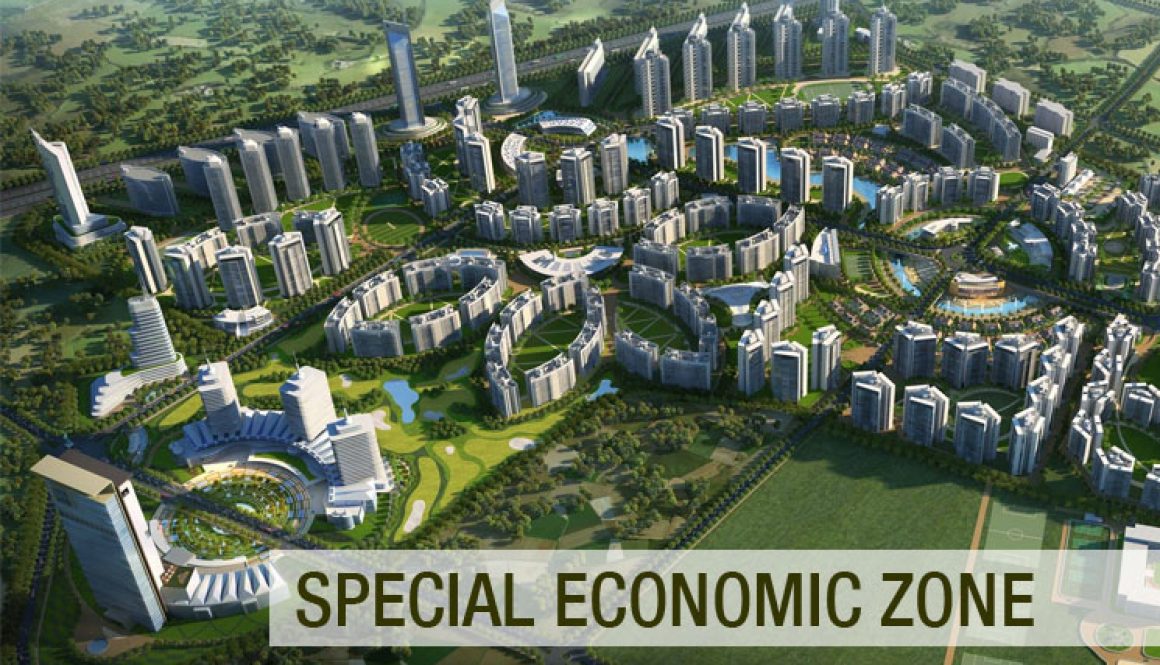743 companies invest in Lao SEZs over 5 years
About 743 companies have set up operations in Specific Economic Zones (SEZ) in Laos with total registered capital of over $12 billion and overall capital of more than $36 billion.
Of particular note, with investment of more than $3 billion, a large number of well-known foreign companies have invested in these zones.
The figures were reported at a meeting held on December 8 to summarise the lessons learned from the development and management of special economic zones over the period 2016-2020 and to outline the goals for 2021-2025.
Speaking at the meeting, Deputy Prime Minister and Minister of Planning and Investment Dr Sonexay Siphandone said special economic zones, which are located in seven provinces, have 19 agreements for the development of projects throughout the country, on 15,000ha of land.
Over the past five years, special economic zones have made remarkable achievements in development, including the Savan-Xeno area (Zone C), Saysettha Development Zone, Vientiane Industry and Trade Area, BotenDankham specific economic zone, Golden Triangle special economic zone, That Luang Lake Specific Economic Zone and the Pakxe-Japan zone.
The zones have attracted prestigious foreign companies such as Nikon Camera Co Ltd, SCLO Glasses Co Ltd, Boeing Aircraft Parts Co, Hoya Electronic Parts Co and others.
This year, 45 companies are operating in these zones and have committed more than 47 billion kip ($4.3 million) to the state budget, imported goods worth more than $349 million (mainly machinery and construction materials), and exported goods worth more than $376 million.
But Dr Sonexay said the management of special economic zones is experiencing challenges that need to be addressed, specifically that some zones have not yet made progress in implementing contracts and master plans because of limited budgets and access to developer resources.
In addition, one-door services to facilitate investment in the region are not as good as they should be, while land related issues for business development have been slow to be resolved.
Another issue is that development of these zones continues to be slow and protracted, and the payment of taxes to the state has not been as high as expected.
The recruitment of Lao workers in these areas remains limited both in terms of quantity and quality, while the creation of projects that involve local communities and the benefits of project development have not met expectations.
These problems and challenges must be addressed and steps taken to ensure the continuation of the development of special economic zones, Dr Sonexay added.


